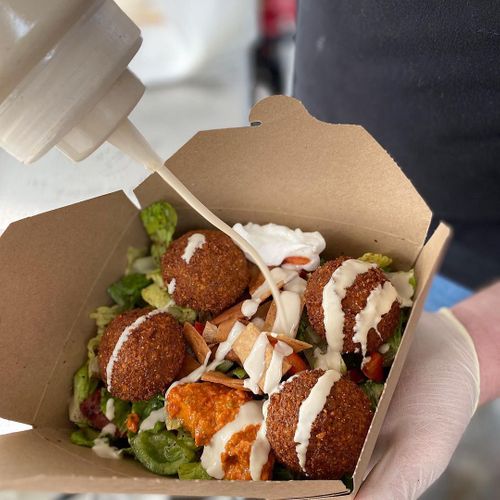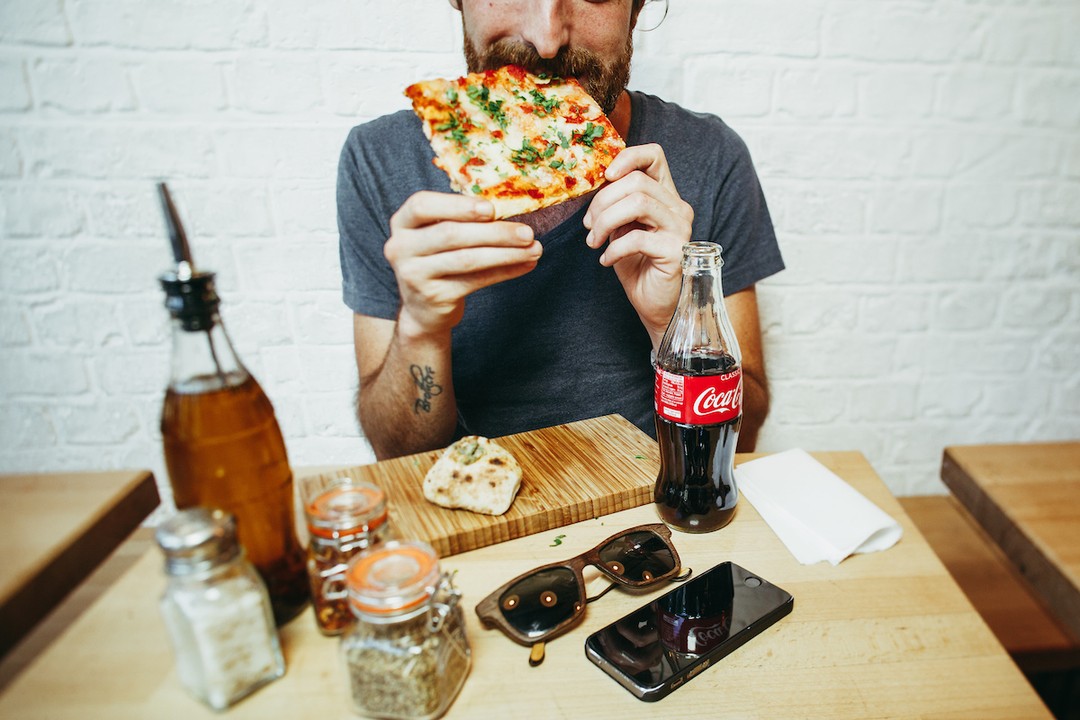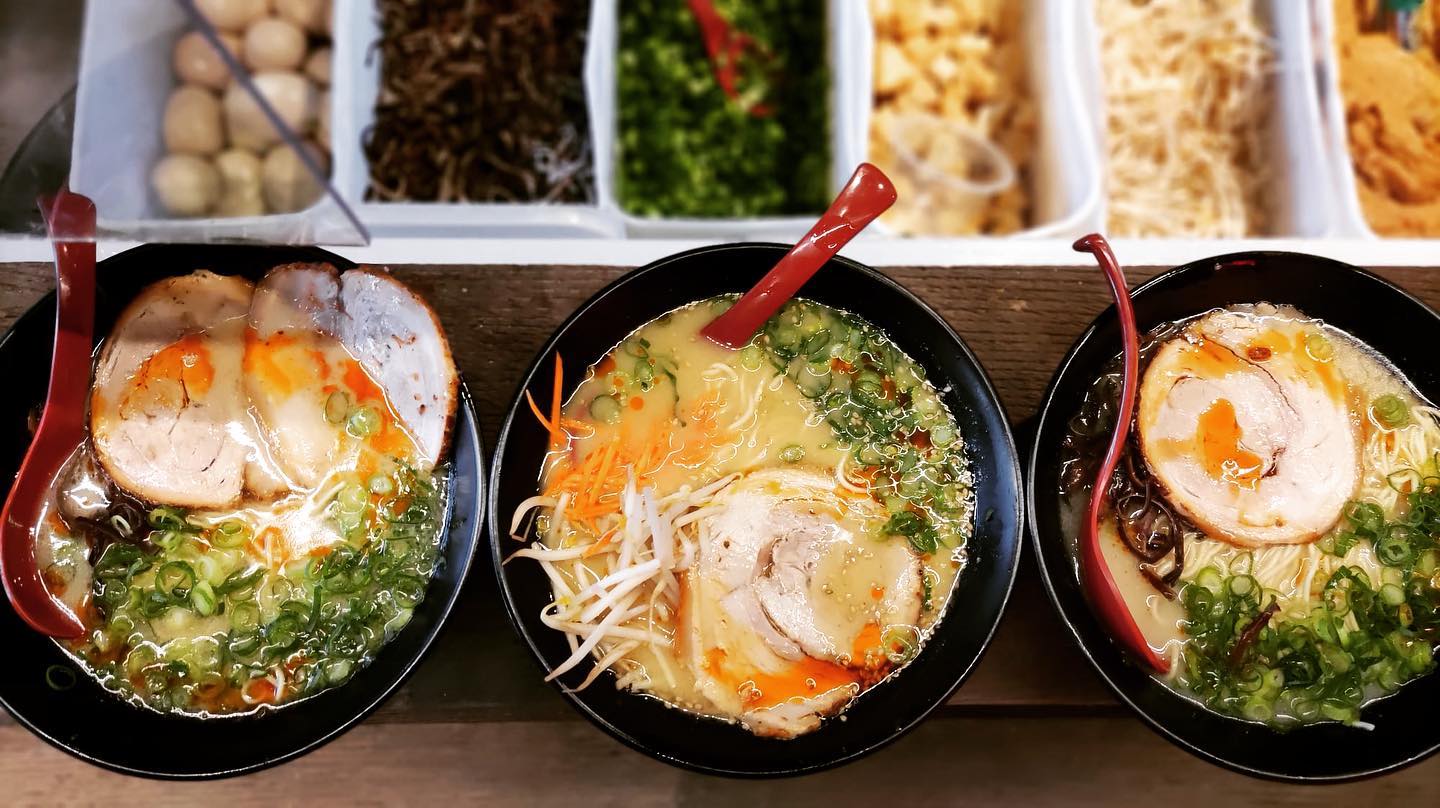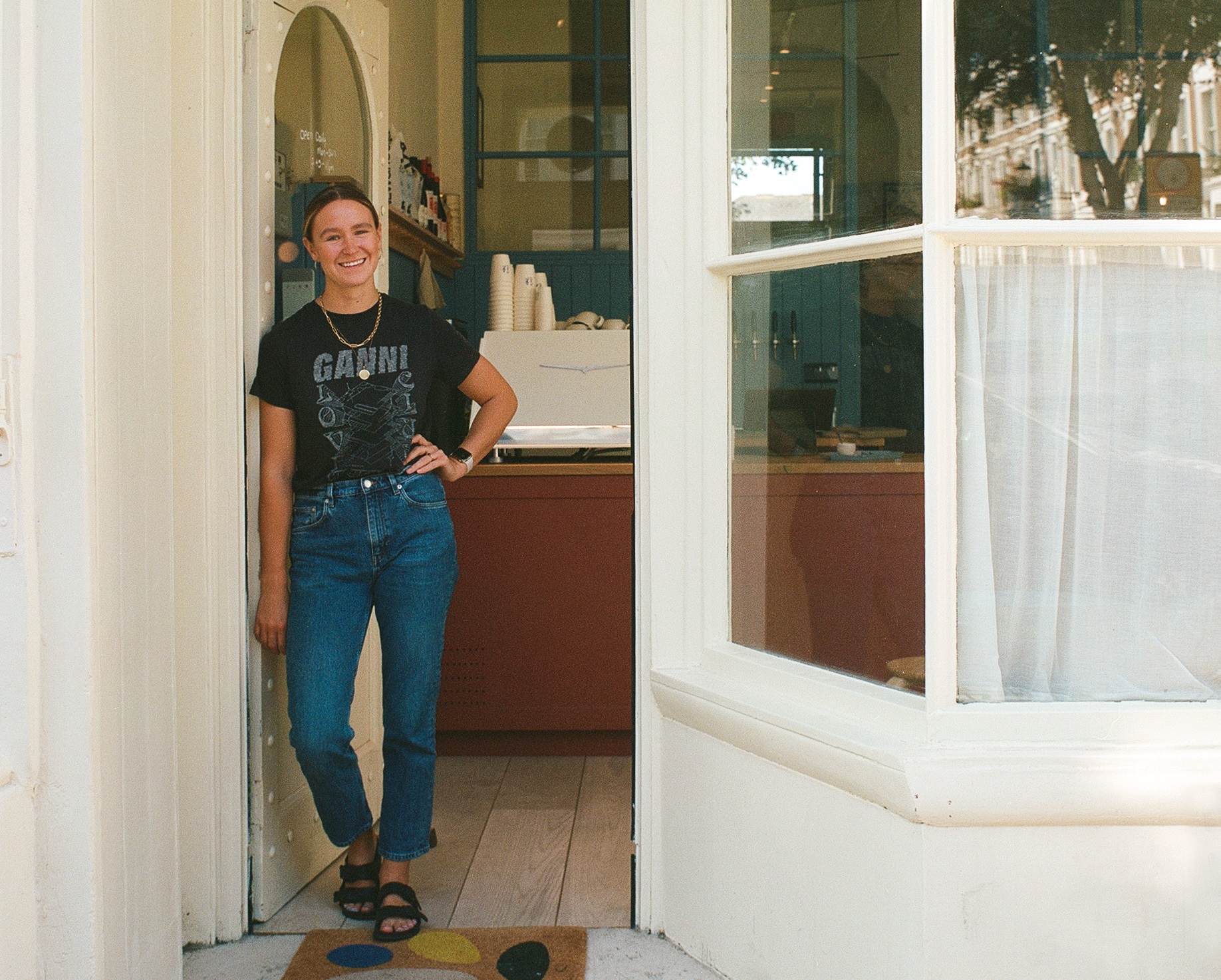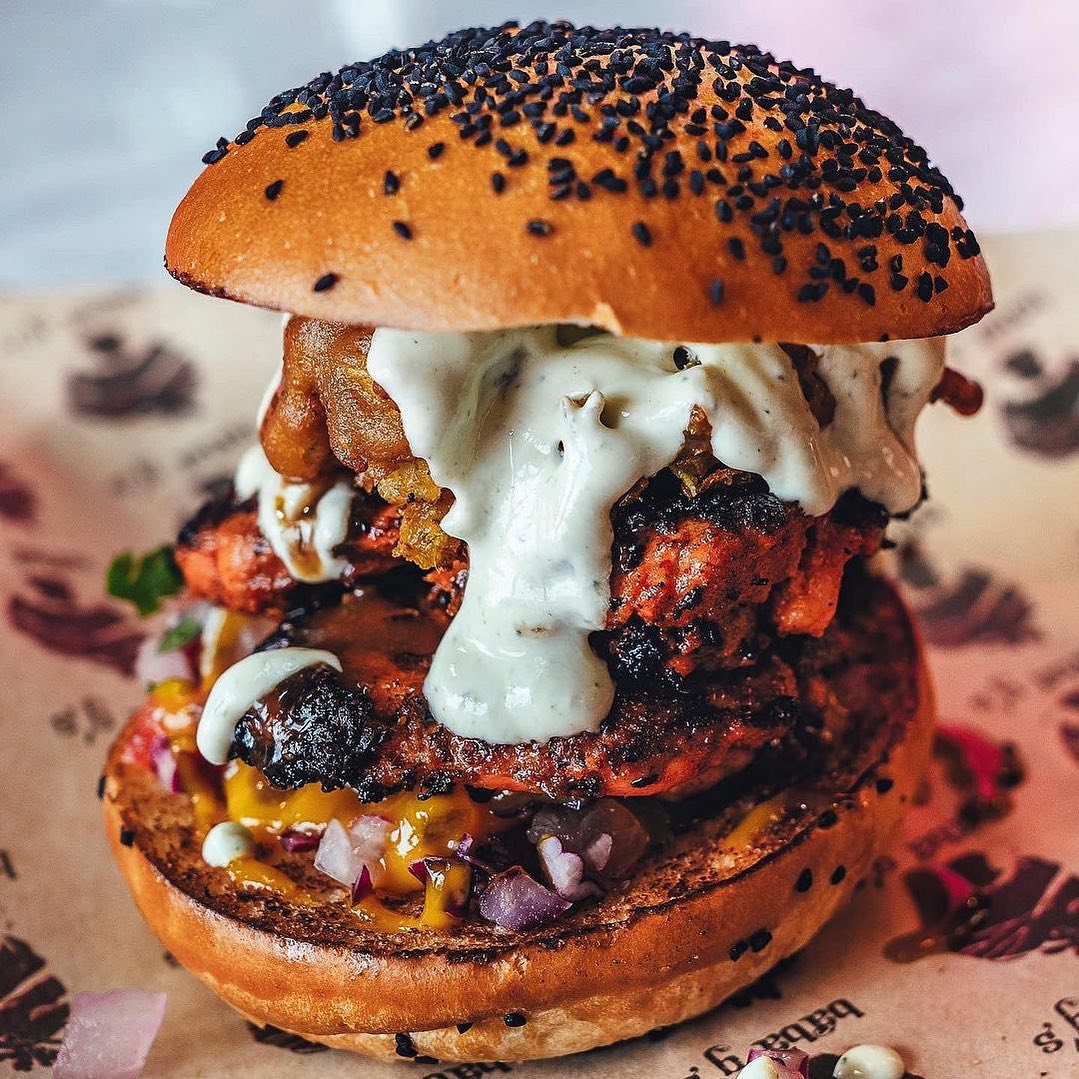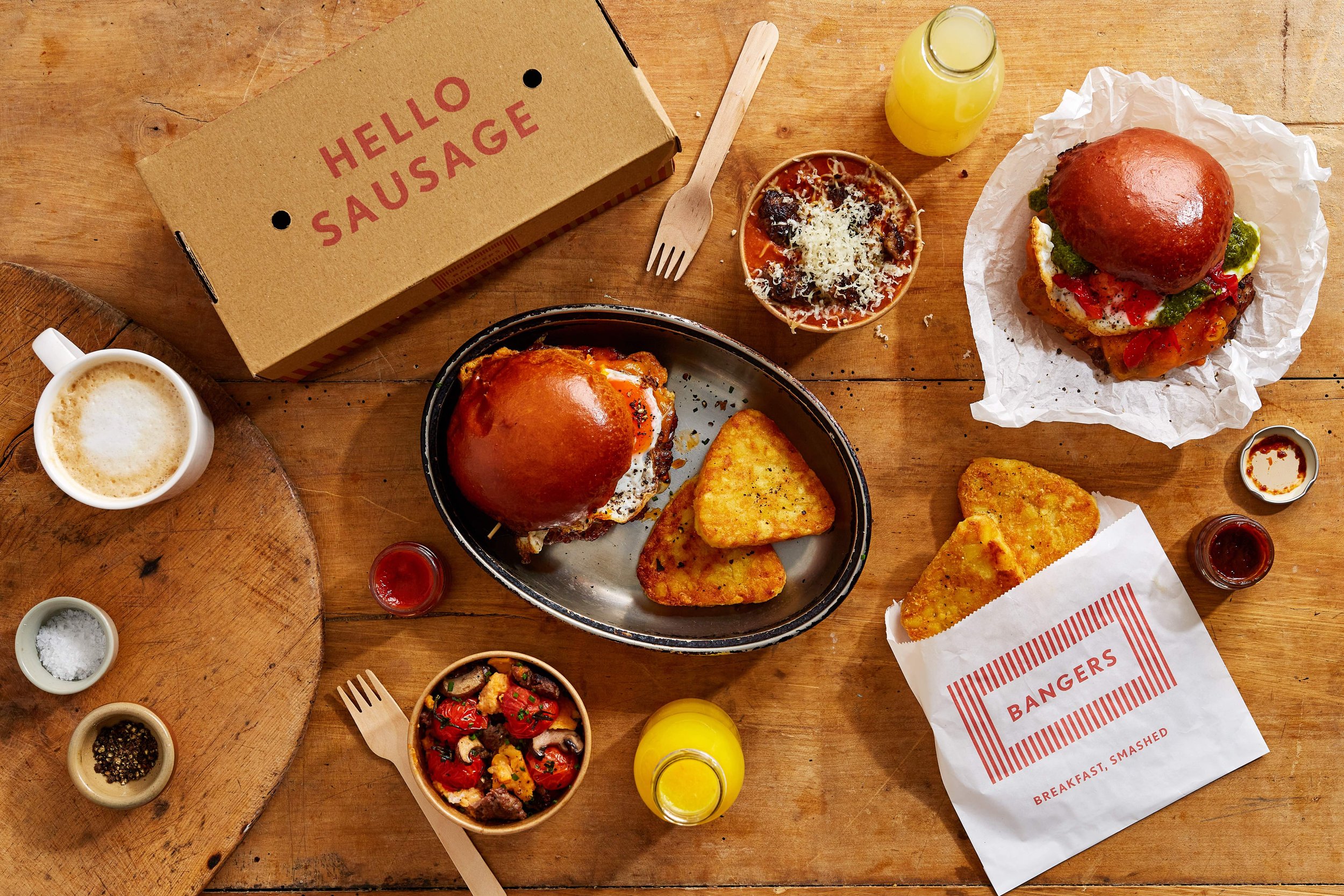Co-founded by Abed Sinno and Karim Jammal, Lil Watan is a celebration of authentic Lebanese cuisine, made fresh on the streets of London. Hawkker spoke with Karim about building the business, future plans, and adjusting to lockdown 2.0.
Tell us, how did Lil Watan get started?
Where do I start? I have a family friend who was the Head Chef at Maroush for the last ten years. If you’ve ever eaten there, he was the one who created a lot of the marinades, sauces, and dishes that have become Maroush staples at all their locations, based on family recipes. After ten years of him working seven days a week, 15-16 hours a day, and taking maybe 30 days off in the last decade, I think he was up for a change. We have a mutual friend who, a few years ago, started a food truck. He was telling us how well it did, and how it’s a good business idea since cost is low and there are good profit margins, etc. So, I spoke to him about maybe working together – I owned a restaurant, I had a bar as well and a coffee shop I owned in Lebanon. I knew the industry a little bit and he’s an expert in Lebanese food, so I said we should do something together.
For a Lebanese restaurant to do well, it needs to be centrally located. It needs to be in Kensington, South Kensington, Knightsbridge, Mayfair, all around there is where the people are who appreciate Lebanese food on a daily basis. But obviously that’s a huge investment to make, so we decided to start off with a food truck. We’d go into catering as well, get our name out there, and after a couple of years, if we can raise enough capital then we can look for a permanent location and open up a restaurant. We made the plunge last year in September, and we’ve been operating since the start of the year.
And what does Lil Watan mean?
Lil Watan is actually the name of the Lebanese national anthem, and it means “our homeland”. My ex-partner came up with the idea and I thought it was cool – with a food truck, you’ve got to have a very urban, fresh feel to it, and we thought having the word “Lil” could appeal to a younger generation. It just adds something cool and fun to it, but also for anyone who’s Lebanese, that will signal to them that this is a proper Lebanese food truck.
Actually, a couple of people said when they first saw the truck, with all the colours and the name, they thought it was Asian or something like it. We don’t mind disappointing one or two people looking for Asian food, as long as we can please the Lebanese crowd.
Speaking of your truck, the design is really interesting. Could you explain what inspired the colours and patterns?
I have a friend in Lebanon who’s a graphic designer. I told her I wanted something very authentic to use as our template for our truck and our branding. She came up with the idea straight away that she would base the design off Lebanese lorries. Since the 1920s and 1930s, all the lorries that import and export products from Lebanon, to Syria, to Jordan, or wherever else, none of them have been updated. They’re old Mercedes trucks that look vintage because they are! And all the truck drivers put the blue eyes on the back of their truck for good luck and protection, and they put little words and quotes around it, just like any truck driver would really. So she took that idea and combined bits she’d seen into our design, and added words like sahtein, which is like saying bon appétit in French. And you’d respond, ala albak. I like telling the story because I think it’s very joyful, because it’s a very understated nod to that culture which anyone who has lived in or visited Lebanon will recognise and understand.

Your website mentions that you source all your ingredients from other local Lebanese traders. Why is that important to you?
When we first started the company and I was reaching out to different markets, I kept getting the same responses like, “we have a guy who does falafel” or, “we already have a guy that does wraps”. And that’s fair enough, but the way they made wraps and falafels was different from how we made it. It got to the point where I thought, not only are we going to make our food authentically, but we’re going to make sure everything that we get is also Lebanese. So the butchers is Lebanese, we get our vegetables from a Lebanese supermarket, we get our bread from a Lebanese place… We make it 100% Lebanese through and through. So yeah, I just wanted to be truly authentic, and even if we share some of the same foods as other traders, it doesn’t mean that they clash with us. They don’t have to fail for us to succeed, because we all have our unique bits and pieces.
What are some of your long-term plans for Lil Watan?
Our food truck is a steppingstone for us. In our minds – and this is bold to say – we want to be the Five Guys of Lebanese food around the country. We want to be a franchise of Lil Watan’s around the country, providing quick and easy, authentic Lebanese food. High quality stuff, locally sourced, and that’s it. That’s where we want to be in five or ten years.
And in light of this second lockdown, what will you be doing to adapt in the coming month?
We do catering. Over the next six or seven months, we want to focus on the catering aspect because from a financial perspective, doing one catering job a week is like doing three or four normal trading days. We have a full kitchen, we can cater anything that’s Lebanese; we have a restricted menu right now only because we operate from a food truck, but we’re able to do a full restaurant menu in catering cases. Our food is always of the highest quality.
